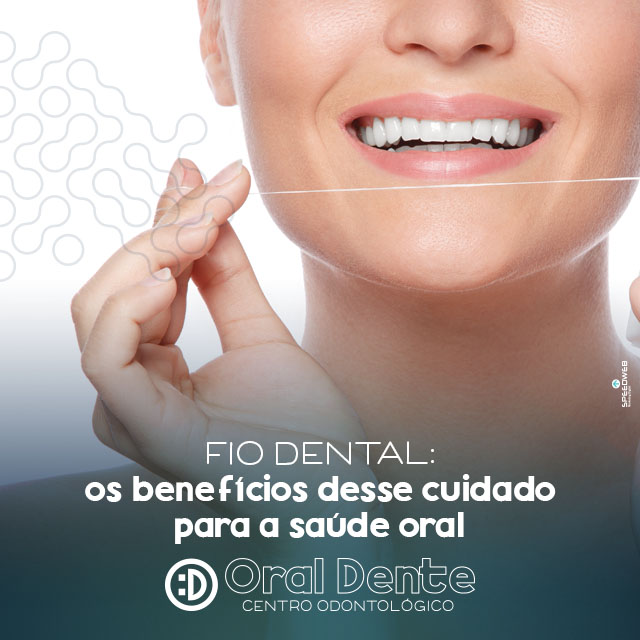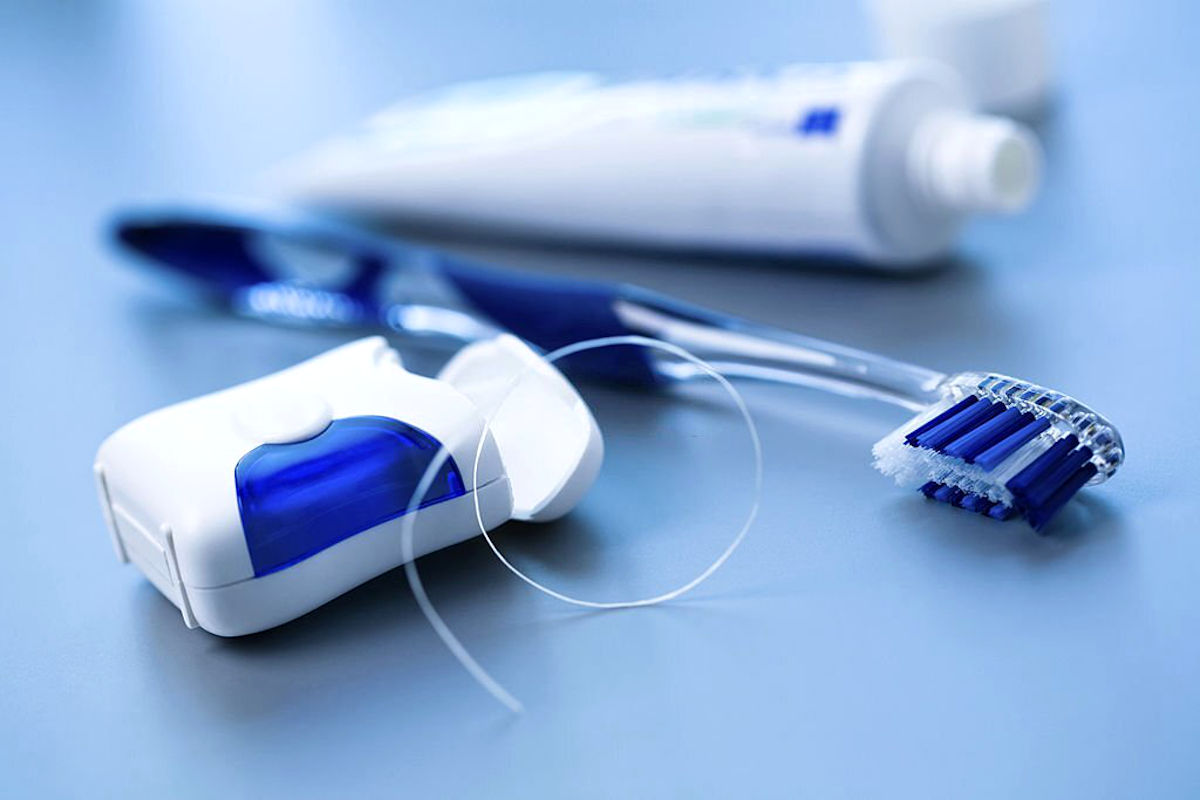Floss Facts: Myths Vs. Truths About Flossing Today!
Do you think brushing alone is enough? The truth is, neglecting dental floss can lead to serious health repercussions that extend far beyond just your mouth.
The world of oral hygiene is often clouded with misconceptions, particularly regarding the importance of fio dental, or dental floss. Many perceive it as an optional add-on, a sentiment fueled by the belief that diligent brushing is sufficient. However, this couldn't be further from the truth. While brushing plays a crucial role in removing surface debris and plaque, it simply cannot reach the tight spaces between teeth and along the gumline where bacteria thrive. This is where fio dental steps in as an indispensable tool in the fight against cavities, gum disease, and even systemic health issues.
| Category | Details |
|---|---|
| Name | Whitney White (DDS), Michelle Jorgensen (DDS) |
| Profession | Dentist, Specialist in Odontology |
| Career Highlights |
|
| Professional Information |
|
| Website | American Dental Association |
According to Whitney White, a specialist in odontology, and Michelle Jorgensen, a practicing dentist, who shared insights with Real Simple magazine, there are several often-overlooked aspects of fio dental. One key takeaway is the power of habit stacking. By associating flossing with an existing routine, such as brushing your teeth, you significantly increase the likelihood of making it a consistent practice. Furthermore, acknowledging and celebrating your successes, like flossing regularly for a week or a month, can reinforce the habit and keep you motivated.
- Ashley Judd Life Career Family Secrets Revealed New
- Jive Turkey Meaning Origin Pop Culture Impact The Full Story
The benefits of consistent fio dental use extend far beyond just a cleaner mouth. A compelling analysis revealed a striking correlation between flossing and a reduced risk of stroke. Individuals who flossed regularly were found to have a 22% lower risk of ischemic stroke, a 44% lower risk of cardioembolic stroke (caused by blood clots traveling from the heart), and a 12% lower risk of atrial fibrillation (AFib). While fio dental isn't a guaranteed shield against stroke, these findings strongly suggest that it's a valuable addition to a healthy lifestyle aimed at preventing cardiovascular events.
Choosing the right type of fio dental is also crucial. Not all flosses are created equal, and some may contain materials that are unsuitable for oral use. Opt for flosses that are safe, high-quality, and designed to effectively remove plaque and debris without causing damage to your gums. There are many different brands and types available to you to make this an easy task. You should always be asking your dentist for recommendations.
Dental implants present a unique challenge when it comes to flossing. After an implant is placed, the platform, or neck, of the area where you floss becomes narrower, requiring even more attention to detail. When flossing a natural tooth, the goal is to reach the bottom of the gingival sulcus, the space between the tooth and the gum. With implants, this region tends to be slightly deeper, necessitating a more careful and precise flossing technique.
- Kitchenaid Mixer Fix Repair Guide Or Replace It Diy Tips
- Find Famous Birthdays Today History Celebrities
The timing of your flossing routine can also impact its effectiveness. Flossing before brushing ensures that the plaque, bacteria, and food particles dislodged during flossing are swept away by the subsequent brushing. Conversely, if you floss after brushing, these loosened particles may remain in your mouth until your next oral hygiene session.
Proper storage of your fio dental is essential for maintaining its quality and efficacy. Keeping it in its original packaging and storing it in a cool, dry place, such as a cabinet or drawer, will prevent moisture from degrading the floss and rendering it less effective.
For individuals with braces, flossing requires extra diligence. Pay particular attention to the areas around the brackets and wires, where plaque and food particles tend to accumulate. Specialized tools, such as floss threaders, can greatly simplify this task and allow you to effectively clean around your orthodontic appliances.
To reiterate, consistently floss before brushing. fio dental enables a deeper cleaning, removing bacteria and debris that brushing alone cannot reach. This allows brushing to effectively complete the cleaning process. The two complement each other, with floss accessing areas inaccessible to the brush and vice versa.
Maintaining healthy oral hygiene during orthodontic treatment can be challenging. Your orthodontist is responsible not only for aligning your teeth but also for ensuring that your teeth remain healthy throughout the treatment process.
Neglecting fio dental can have noticeable consequences, even if you brush diligently after every meal. Bacteria accumulate in those hard-to-reach areas, leading to bad breath.
These are compelling reasons to make flossing a daily habit.
In addition to regular flossing and brushing, professional dental care plays a vital role in maintaining optimal oral health. A dental professional can provide personalized guidance on proper flossing techniques and recommend appropriate oral hygiene products. They can also address any concerns or issues you may have regarding your teeth and gums.
Moreover, a dentist can provide instructions on how to use an at-home dental whitening kit with trays to achieve the best results safely. It is crucial to follow the recommendations carefully to avoid problems such as tooth sensitivity.
Before undergoing any dental procedure, such as teeth whitening or veneers, it is essential to have a thorough consultation with your dentist. This consultation allows you to discuss your concerns, expectations, and desired outcomes. The dentist will then conduct a clinical and radiographic evaluation to determine the most appropriate treatment plan for your specific needs.
Traditional fio dental, typically made of nylon or polyethylene, is the most common type used for oral hygiene. It is designed to be used between the teeth, helping to remove plaque and food particles that may accumulate in hard-to-reach areas. In addition to cleaning food debris, fio dental helps eliminate plaque, which is the main cause of tooth decay and gingivitis. If fio dental is not used daily, this bacterial plaque can calcify and form dental calculus, also known as tartar. However, care must be taken with nylon floss, as it can begin to fray if not cut correctly.
fio dental with a handle features a unique technology that allows for efficient cleaning of the dental arch.
A good benefits program should strike a balance between what employees expect and what the company can afford to offer. It's impossible to meet everyone's individual needs, but it's possible to identify those that are most relevant to the majority of the team.
fio dental is a simple and inexpensive accessory that can be found in any pharmacy or personal care store. It is a nylon or polyester thread used to clean the teeth and gums. fio dental is an essential tool for maintaining oral health, as it helps remove plaque and food debris.
If your teeth are very close together, it is ideal to use dental tape, which is nothing more than dental floss, but flattened. This product is very easy to find and without a big price difference. As you use dental tape, you will see that food debris will come out more easily than with normal dental floss.
Understanding the process and advantages of hair implantation is essential to make an informed decision about this treatment.
Hair implantation is safe, but it may have risks.
It is important to know about the risks of hair implantation and complications of hair implantation.
Thus, you can prepare and avoid problems.
In closing, it's worth reiterating a sentiment shared by dental professionals: while flossing may not be the single solution to preventing serious health conditions like stroke, the evidence suggests it's an invaluable addition to a lifestyle focused on well-being.
- Adam Schiff Bio Career News More The Latest Scoop
- Biggie Baddies West Net Worth Empire More 2024 Update

Fio dental os benefícios desse cuidado para a saúde oral Oral Dente

Fio dental 4 benefícios de passar fio dental para higiene bucal

Quais são os Benefícios do Uso de Fio Dental? Essencial para a Saúde Bucal